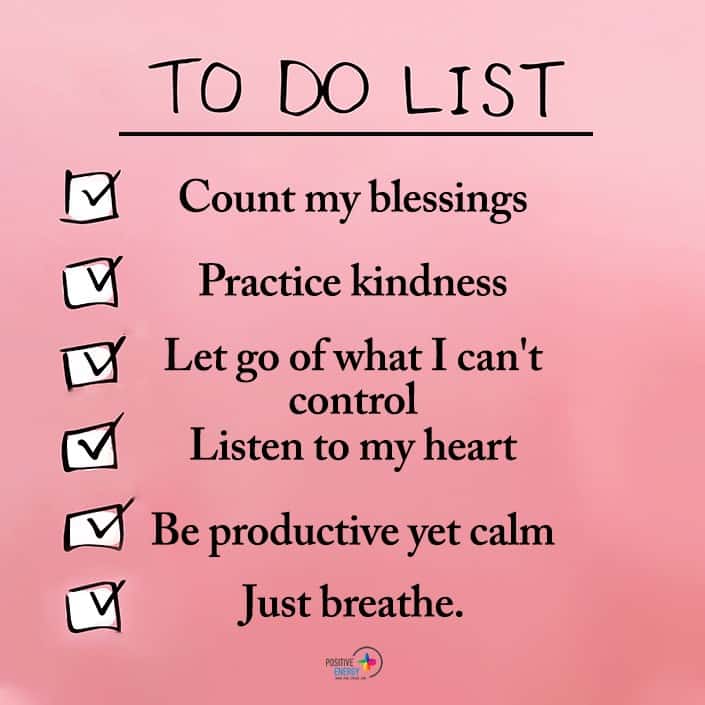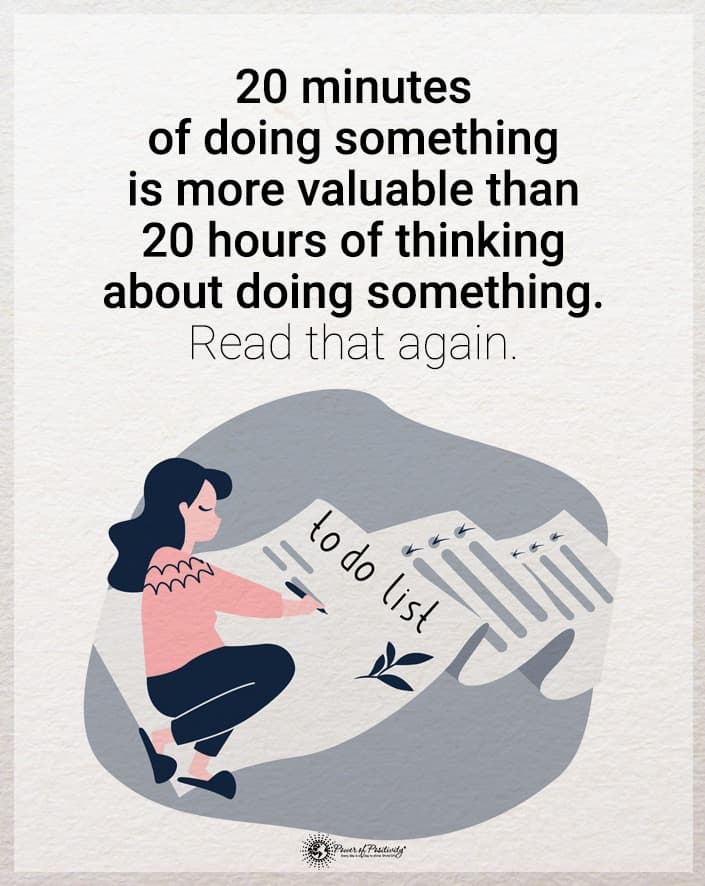Do you ever get home after a long day and wonder how on Earth you managed to work over twelve hours again? Do you try to mask your anxiety and insecurities because you overwork? Are you overly stressed and on the brink of burnout?
Back in the 1970s, people would work on average about forty hours a week. Now, those rates have skyrocketed. It is not unusual for people to work fifty to sixty hours a week. For some, the workweek can have up to 90 hours. There are many reasons why this increase happened, but stress and anxiety have been detrimental. If you are struggling, and you tend to resort to overworking to an unhealthy degree, here’s how to fix that.
Why Do Some People Tend to Overwork?
 Many people tend to think of overworking as just working hard and being determined. But that’s not only wrong, but it’s a dangerous perception. Overworking is defined as working too hard, too long, or to the point of exhaustion.
Many people tend to think of overworking as just working hard and being determined. But that’s not only wrong, but it’s a dangerous perception. Overworking is defined as working too hard, too long, or to the point of exhaustion.
Overworking is often associated with workaholism, which is the uncontrollable need to work incessantly. Workaholism and overwork are not just behaviors. They are mentalities. They affect you at all times, not just while at work.
Sure, you can work long hours, but you will eventually go home and disconnect. A workaholic will never disconnect, not even when at home. They will sacrifice anything to satisfy the need to work. They will go back on promises, jeopardize family time, get less sleep, whatever they can do to work more and more.
Overworking is such a severe problem that people are dying because of it. Authors from WHO and ILO found that three-quarters of a million people die from heart disease due to workaholism. More people die from overwork than from malaria. This fact should give you a general idea of how bad this crisis is becoming. Another study explains that overwork is the single most significant risk factor for occupational disease. In Asian countries, this issue is so pressing that they have specific words for “death due to overwork.”
The most prominent health risks are heart-related. Not sleeping enough, forgetting to eat and drink, exhaustion all strain the heart. Heart issues can even lead to heart attacks in extreme cases.
And that’s not the only issue. Workaholics can often experience burnout. Burnout is a state of emotional, physical, and mental exhaustion. It occurs when you are unable to meet particular demands. When workaholics feel like they didn’t meet specific quotas, they will feel intense burnout. This cycle reduces productivity and makes you feel cynical, hopeless, and resentful. It can spill into all areas of your life, from work life to family life. In some cases, it can even affect your immunity and make you susceptible to illnesses.
Anxiety is a significant cause of overworking for a variety of reasons. People generally describe it as a feeling of unease, such as worry or fear. It can be mild or severe, and everyone feels anxiety at specific points in life.
3 Ways Anxiety Makes You Overwork (And How to Fix It)
If you struggle with stress and anxiety, here’s how to avoid becoming a workaholic while dealing with your feelings.
1. Anxiety Doesn’t Let You Disconnect, So You Overwork
Anxiety is a pain to deal with because it always keeps you plugged in. The never-ending thoughts that swirl through your brain if you’re anxious will not let you catch your breath.
People who deal with enormous amounts of stress tend to always think about their problems. The ones who don’t deal with anxiety can shove their issues in the back of their minds. Take a break for a while. But anxious people can’t do that. They can’t enjoy a lovely day with the family because their brain will always bug them. Specific tasks you have to deal with at work will always bother you. And they can’t ignore those thoughts. Instead, what they do is work and work to deal with everything they have to deal with. Unfortunately, the more you work, the more issues will arise. And you will have to deal with those issues too. This creates a never-ending cycle that you can’t escape. That’s why anxious people will tend to overwork.
As Dr. John Delony explains, people can become addicted to stress hormones like cortisol and adrenaline. So anxious people can feel a need to put themselves in stressful situations. They may feel the need to feel constantly pressured and be overworked. And that’s a big issue. So, if you’ve fallen into that trap, how can you fix it?
The first step to getting yourself out of a workaholic mindset is to force yourself to disconnect. Let the people around you know what you are struggling with so that they can help you. Try to create a timetable that you have to stick to. For example, set a maximum of eight hours of work per day. If you still aren’t home after eight hours, have your friends and family call you and remind you to come back. Have set time for relaxation. For example, have two hours a day dedicated to family time. Have an hour reserved for a hobby, and so on.
And, most importantly, cut ties with work once you are home. Don’t look at work e-mails, don’t go into your home office. Also, work on what’s going on inside your head. If you have work issues, try delegating them to colleagues rather than going to the office yourself. Avoid taking on extra tasks as long as possible. And if your thoughts are still bugging you, talk to someone. Talk to friends and family, or if things are terrible, try a psychologist or therapist.
As long as you are aware of how your anxiety affects you, you will be on the right path towards fixing those issues.
 2. Anxiety Creates Frustration And Fear
2. Anxiety Creates Frustration And Fear
Anxious people feel a looming fear about certain things in life. Especially when those situations are pressing matters like work is. Anxiety is a pain because it makes people overthink issues and imagine the worst. The darker the scenarios you create are, the worse everything will be. And that’s not your fault. It’s not like you want to think that the worst will happen, but anxiety induces that thought process.
Anxiety makes you feel afraid and frustrated. You tend always to be stressed out about everything; thus, you expect the worst to happen. When dealing with a lot of work, especially more demanding tasks, you will feel fear. That happens to everyone. But anxiety multiplies that fear by a lot. For that reason, anxious people will overwork in an attempt to make that fear go away. The more you work, the better you will do your tasks, lowering the risk of failing. Right? Well, not really. Overworking, as we’ve discussed, will lead to burnout. Thus, the risk of failure might increase. The more things you do, the more chances there are for you to forget, especially when you’re exhausted. So, instead of alleviating your fears, you might end up exacerbating them.
Along with that, anxious people tend to be more frustrated when something fails. When your plans don’t play out the way you want them to, you feel out of control. You get mad at yourself, and ultimately frustration takes over. Again, in the attempt to get rid of that frustration, you will overwork. You will do whatever it takes to fix those failures. No matter how long those tasks will take you, you will force yourself to do them. Again, you will fall into that same vicious cycle where you work too much. You mess something up, and you work even more, and so on. That’s how you become a workaholic.
The best way to deal with this is to force yourself to cut back on your workload. The less you do, the less fear and frustration you will feel. Thus, there will be fewer chances to fall into that cycle. If you’re already in that cycle, you have to face your fears head-on. Understand why you’re afraid and deal with the root cause. Also, understand that failure is not going to break you. You will recover. Again, have friends and family help you monitor how much you work.
3. Anxiety Leads To Perfectionism, Causing You To Overwork
Contrary to popular belief, perfectionism isn’t just striving to do everything right. According to writer Melissa Dahl, perfectionism is a reflection of your inner self mirrored in anxiety.
Perfectionism is often tied to your job. No matter what you do, if you’re a perfectionist, it will affect how you view work. It will push you towards feeling the need to overwork. There’s always more that can be done if you are a perfectionist. No amount of work will ever be enough to satisfy you. You will need more and more, and before you know it, you will become a workaholic.
Dealing with this is tied to learning to be aware of your behaviors. Reflect on how your brain works, understand how you act and why you act that way. The more knowledgeable you become, the more you will start seeing the toxic things you might do. You will start noticing that you’ve worked overtime again, and you will be able to force yourself to go home. The best thing to do is to understand that you need to take on fewer tasks. Otherwise, you won’t do them as well as you would want to.
Lastly, work on the root causes of your anxiety. Go to counseling if needed. The better you deal with the cause of overworking, the better you will deal with the overworking itself.
 Final Thoughts On Ways Anxiety Makes You Overwork (And How to Fix It)
Final Thoughts On Ways Anxiety Makes You Overwork (And How to Fix It)
More and more people nowadays struggle with anxiety. That, coupled with work becoming more and more demanding, leads to overworking.
Anxiety doesn’t let you disconnect and relax. It makes you frustrated and afraid, creating perfectionists. For all those reasons, people become workaholics. To deal with that, you have to become aware of your behaviors and force yourself into better practices.
Try consciously working less and schedule a time to relax and reflect. Let the people in your life know what they are going through so that they can help you. And, if your efforts don’t do much, try consulting a therapist. Fix the issue from the root. In time, you will be able to escape those negative feelings and have an everyday life!

















